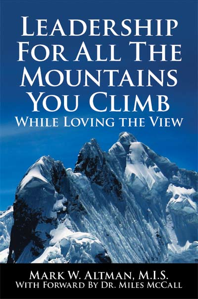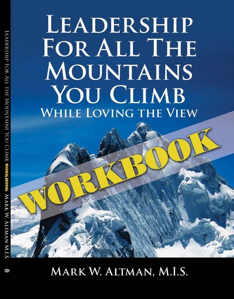A couple of weeks ago now I had the wonderful fortune of running into Bill and Zamie Studt. They are a marvelous couple who introduced me to my dream “retirement job”; driving the Jelly Belly jellybean motor home. They drive all around the East Coast of the US to promotional events, handing out jellybeans and meeting remarkable people.
I say this is my retirement job only partially kidding. I would love the job, but I would eat so many jellybeans I might not fit in the RV! My sweet tooth inspired career plans reminded me that many Americans, like the Studts, find themselves working again after retirement.
They find themselves working again for many reasons: financial, wishing to make a difference, or out of boredom seem to be the most common. There are many benefits to working after retirement beyond the obvious financial gain, such as mental health, staying engaged in society, and keeping skills current. Many retirees find they can take a job purely out of interest or enjoyment, in a way they couldn’t when they were younger raising families.
Many businesses hire workers looking for a “retirement job” for a number of reasons: the worker has many directly and indirectly applicable skills, that don’t have to be taught compared to a younger worker, the retirement worker can often afford to take a lesser salary, especially if the job has some of the other rewards mentioned earlier. Working as a substitute teacher for example, allows a second career largely out of the elements, provides an opportunity to mentor a whole new generation, ensures an income, keeps weekends free, and supplies the local schools with subs when a teacher must be out. As long as the retirement worker is in reasonably good health, and is still mentally active, employers have very little downside.
So how do you find a “retirement job”? Many second careers start the way the first career started, through personal contacts, volunteering for causes and organizations you care about, sending out targeted resumes, and interviewing. The biggest difference for most retirees looking for their second career is they are often in the driver’s seat when it comes to what kinds of job they are willing to accept.
Most retirees have some outside income, even if that income will not completely support them or support them indefinitely; and for many they own their home. They also rarely have children they must support. The degree which each of these factors are true dictate just how picky the retiree jobseeker can be.
If you must keep a job for financial reasons, then planning early is even more important; however, the “cooler” or out of the ordinary a job you desire, will also mean more planning. Jobs abroad, jobs where spouses work together such as driving the Jelly Belly RV, and of course opening a business as a “retirement job” all require more planning. So talking to your financial planner and your family is a good idea before making any decisions, especially if the decision involves running a bed and breakfast in Costa Rica!
However, if done with careful forethought, a second career can be rewarding on many different levels and in ways that may have escaped you in your first career. I wish you luck, but in ten or twenty years, the Jelly Belly gig is mine!
Mark Altman is a speaker and leadership consultant with the Altman Leadership Center. He is an international speaker with two books and a DVD that can be purchased on Amazon.com. He can be reached at mark@leadright.net.







